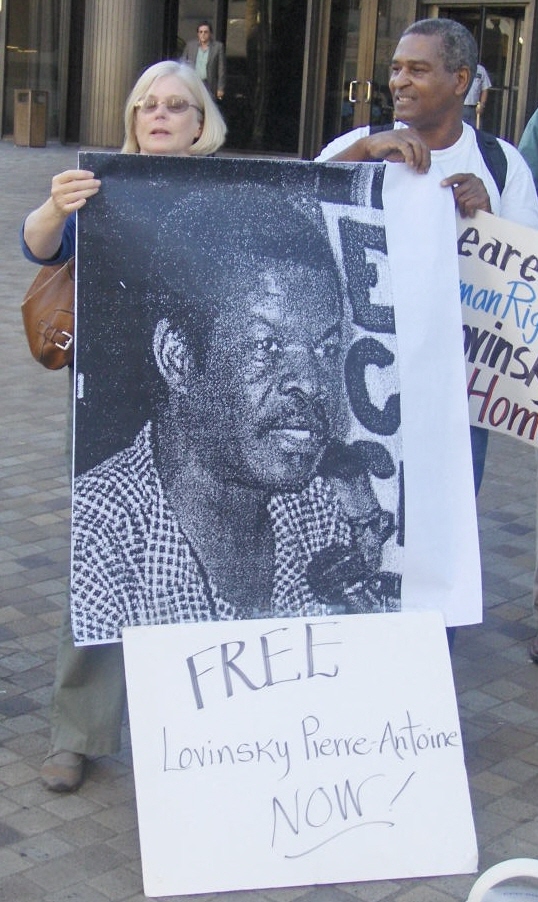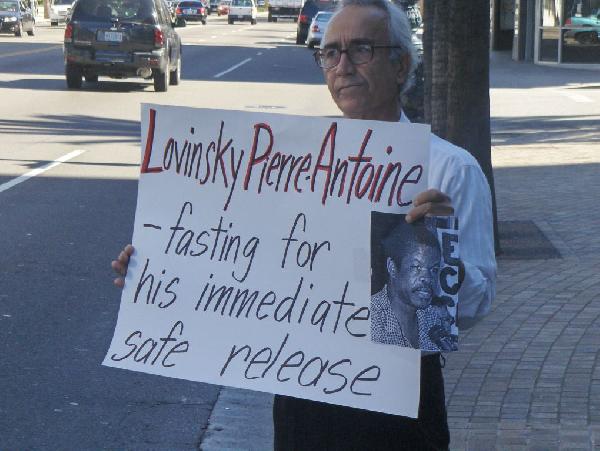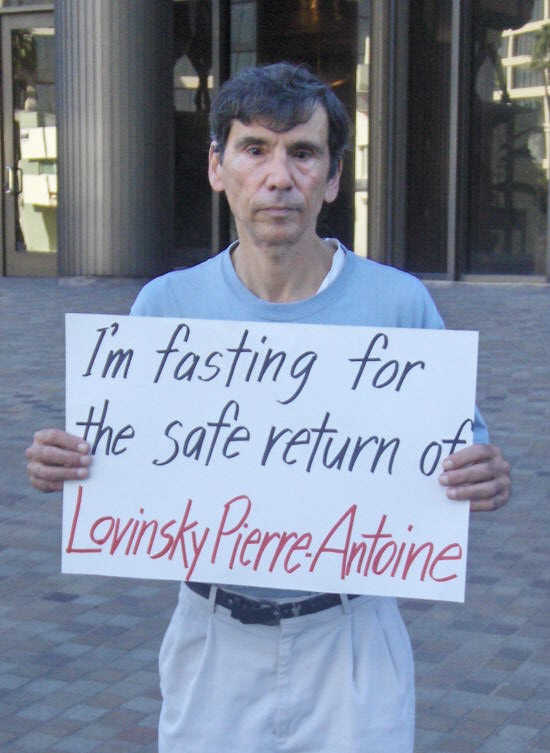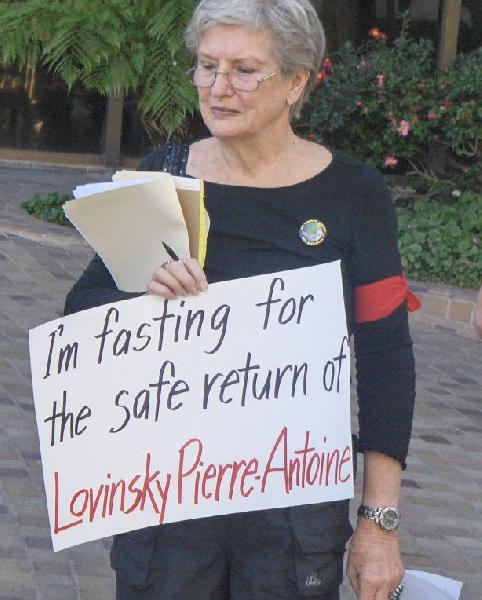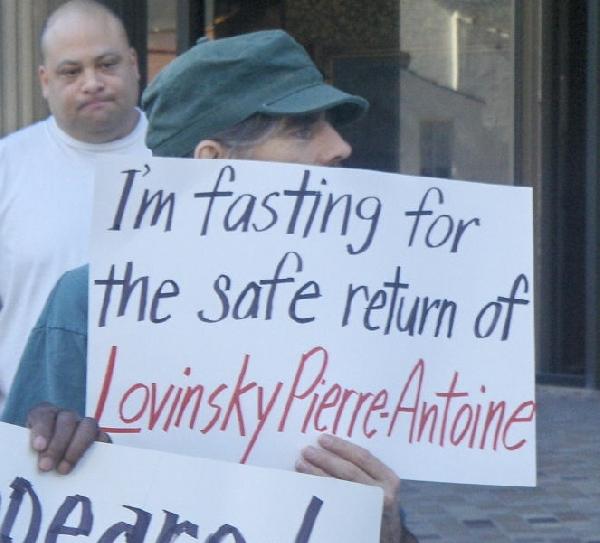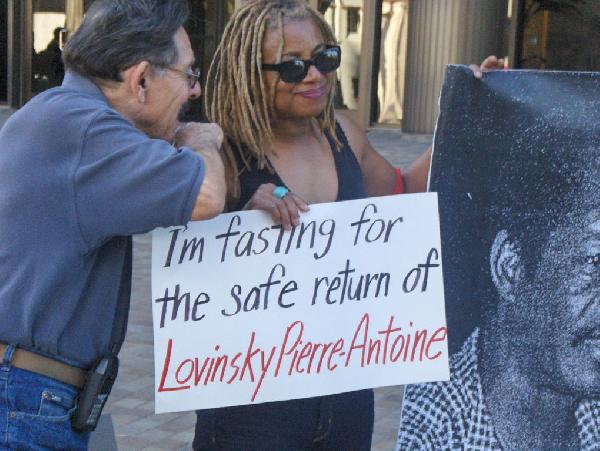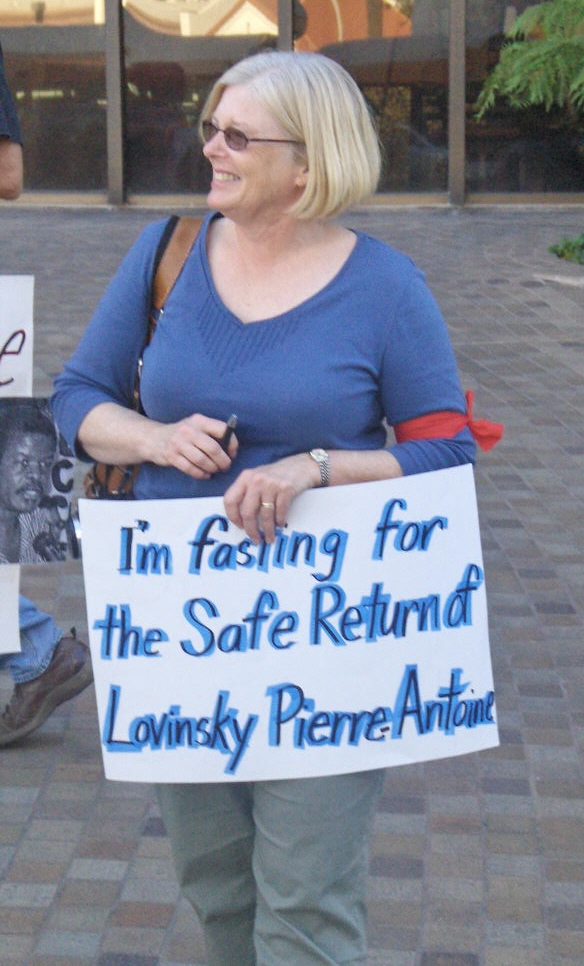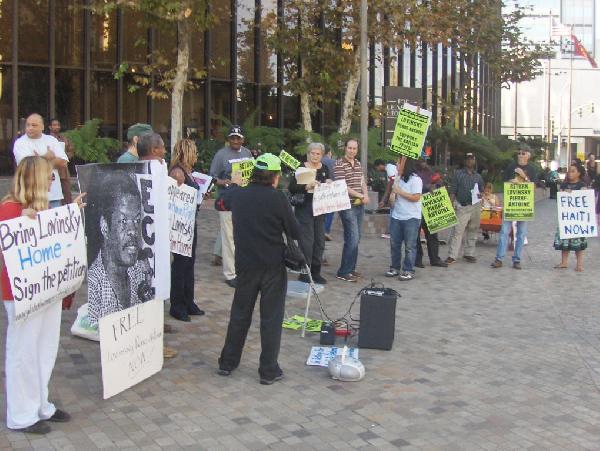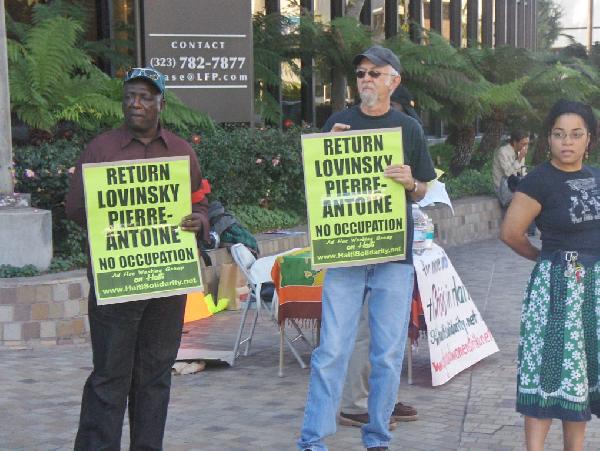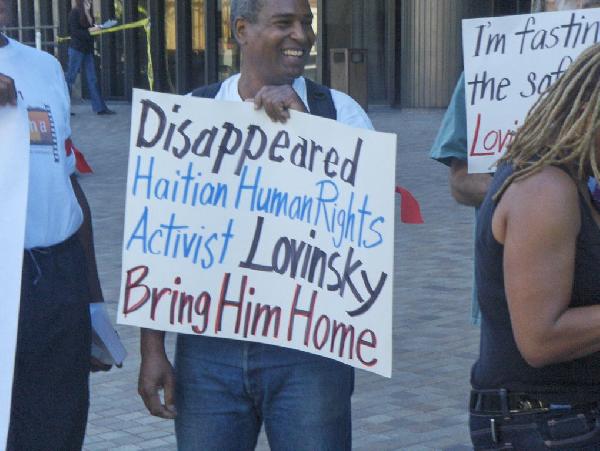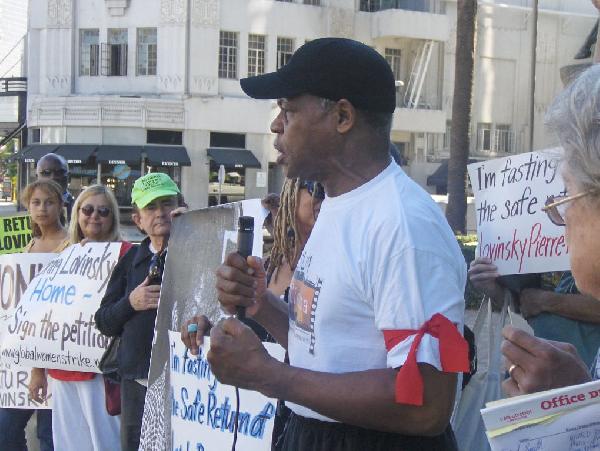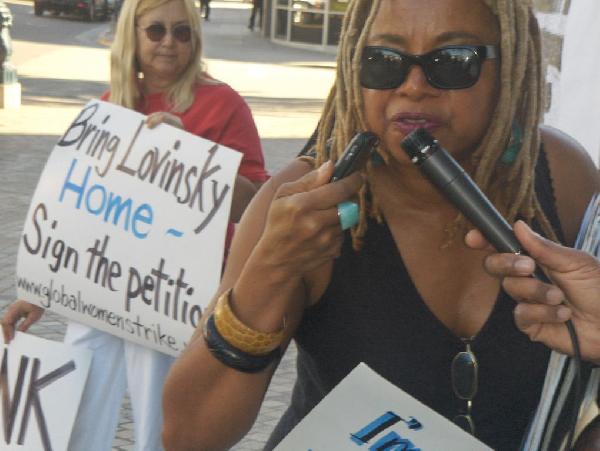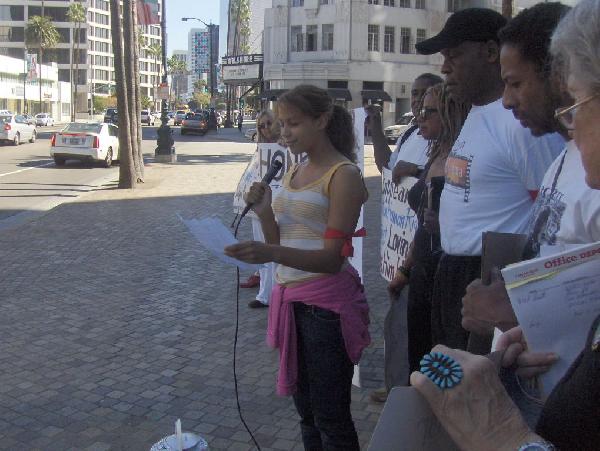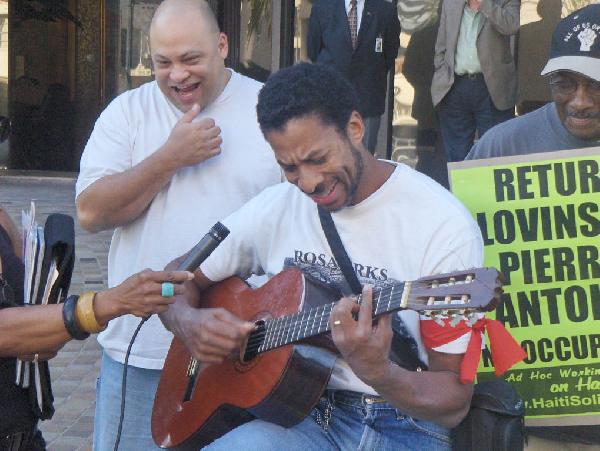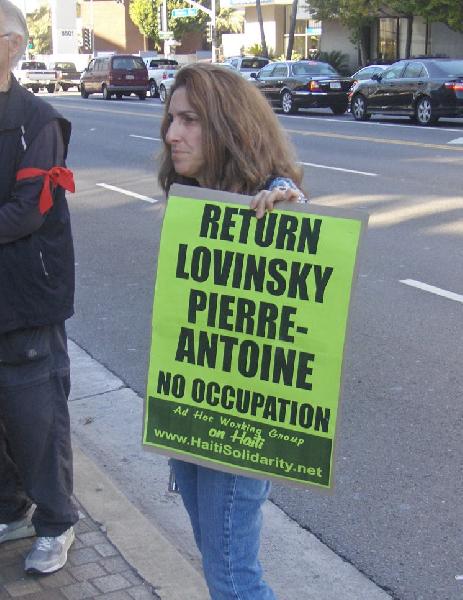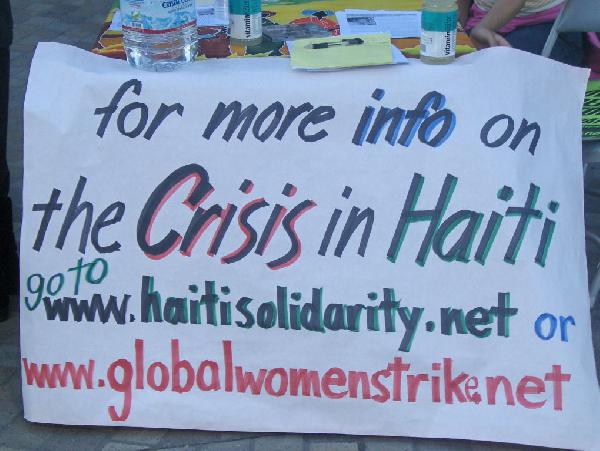| About Us | Contact Us | Calendar | Publish | RSS |
|---|
|
Features • latest news • best of news • syndication • commentary Feature Categories IMC Network:
Original Citieswww.indymedia.org africa: ambazonia canarias estrecho / madiaq kenya nigeria south africa canada: hamilton london, ontario maritimes montreal ontario ottawa quebec thunder bay vancouver victoria windsor winnipeg east asia: burma jakarta japan korea manila qc europe: abruzzo alacant andorra antwerpen armenia athens austria barcelona belarus belgium belgrade bristol brussels bulgaria calabria croatia cyprus emilia-romagna estrecho / madiaq euskal herria galiza germany grenoble hungary ireland istanbul italy la plana liege liguria lille linksunten lombardia london madrid malta marseille nantes napoli netherlands nice northern england norway oost-vlaanderen paris/Île-de-france patras piemonte poland portugal roma romania russia saint-petersburg scotland sverige switzerland thessaloniki torun toscana toulouse ukraine united kingdom valencia latin america: argentina bolivia chiapas chile chile sur cmi brasil colombia ecuador mexico peru puerto rico qollasuyu rosario santiago tijuana uruguay valparaiso venezuela venezuela oceania: adelaide aotearoa brisbane burma darwin jakarta manila melbourne perth qc sydney south asia: india mumbai united states: arizona arkansas asheville atlanta austin baltimore big muddy binghamton boston buffalo charlottesville chicago cleveland colorado columbus dc hawaii houston hudson mohawk kansas city la madison maine miami michigan milwaukee minneapolis/st. paul new hampshire new jersey new mexico new orleans north carolina north texas nyc oklahoma philadelphia pittsburgh portland richmond rochester rogue valley saint louis san diego san francisco san francisco bay area santa barbara santa cruz, ca sarasota seattle tampa bay tennessee urbana-champaign vermont western mass worcester west asia: armenia beirut israel palestine process: fbi/legal updates mailing lists process & imc docs tech volunteer projects: print radio satellite tv video regions: oceania united states topics: biotechSurviving Citieswww.indymedia.org africa: canada: quebec east asia: japan europe: athens barcelona belgium bristol brussels cyprus germany grenoble ireland istanbul lille linksunten nantes netherlands norway portugal united kingdom latin america: argentina cmi brasil rosario oceania: aotearoa united states: austin big muddy binghamton boston chicago columbus la michigan nyc portland rochester saint louis san diego san francisco bay area santa cruz, ca tennessee urbana-champaign worcester west asia: palestine process: fbi/legal updates process & imc docs projects: radio satellite tv |
printable version
- js reader version
- view hidden posts
- tags and related articles
Message to Brazil: Help Find and Release Lovinsky Pierre-Antoineby Ross Plesset Sunday, Nov. 18, 2007 at 5:57 PM“The word we are getting is that all of these actions, even though they’re not huge actions, have an impact. You can bet that although the Brazilians have not come down, a report has already gone not only to Haiti but also back to Brazil that we’re out here. The Haitians are telling us, keep up what we’re doing because it is having an impact. They’re starting to feel some opening up that they hadn’t felt before the international action for fasting.” – Margaret Prescod
Beverly Hills, November 13th: In support of disappeared Haitian grassroots activist Lovinsky Pierre-Antoine, 30+ people gathered in front of the Brazilian Consulate to publicly launch a 24-hour rolling fast.
At least 12 of us had red ribbons on our arms signifying our commitment to forego eating. (Additional fasters, who couldn’t be there, pledged to wear red ribbons as well). Those who could not commit to fasting helped by their mere presence and holding signs to educate the Brazilian Consulate and passersby. (There has also been a call to sign a petition for Pierre-Antoine’s release, which can be accessed here: http://www.petitiononline.com/august/petition.html.) Throughout the event, we caught the attention of motorists, and there was steady honking. People on tour buses looked at us with interest, as did pedestrians, some of whom stopped to talk to us. There was no overt police presence. Representatives of the consulate were invited to come down and speak with us, but the invitation was never accepted. However, “we did have one meeting with the Consul General, [and] presented the letter and petition to her, which we know was sent down to the Brazilian consulate embassy in Haiti,” reported Margaret Prescod, a friend of the missing Haitian activist and host on KPFK radio (see KPFK.org). Prescod described Lovinsky Pierre-Antoine as an “internationally respected human rights activist; grassroots organizer; and leading advocate for poor people, including street children, teenage mothers, and [victims] of torture.” Pierre-Antione co-founded Fondayson Trant Septanm (which in English translates to: “September 30th Foundation”), an organization for victims of the first coup against President Aristide on September 30th, 1991 and Fondsayon Kore Timoun Yo (“Foundation for the Support of Children”). “I had several chances to meet my brother Lovinsky while in Haiti, and I was just amazed at the work that he has done,” said actor and activist Danny Glover, who also participated in the fast. “During the time when bandits were running around Haiti committing all kinds of havoc, attempting to disrupt the electoral process, attempting to undermine the peace and dignity of the Haitian people, here’s Lovinsky doing the work in communities, doing the work in organizing communities and organizing people. He is a vital part of the way we envision the new Haiti that comes out of the ashes of the destructive and destabilizing coup d’etat in 2004. And we need him out there along with all those who are out there doing that work..We know that his kidnap was an attempt to illicit fear within the Haitian people. . . .“(1) Prescod contextualized the day’s action. “[T]he reason that we’re here outside this building is because this is where the Brazilian Consulate is based, and Brazil heads the U.N. forces in Haiti.Those forces have committed themselves to law and order in Haiti, and we want to impress upon not only the Brazilians but also the United States and Canada that we are expecting them to do everything they can, including making resources available, to ensure the safe return of Lovinsky Pierre-Antoine to his children, his wife, and the community that loves and needs him.” She added: “His wife, Michelle Pierre-Antoine, who is [currently outside of ] Haiti--there is concern for her safety--has left a message saying she will be joining us in fasting today as well. And she wants me to make sure and thank each and every one of you. It really has touched her heart.” A letter of thanks from Pierre-Antoine’s children was read aloud by a 14-year-old activist, who is close to them in age. “This week will be the sixth one that we spend without our father,” the letter read. “The deplorable situation prevents us from sleeping, eating, and forces us to concentrate our thoughts on the slow agony that our father is living. Deprived of freedom, our father incurs the risks to catch diseases, to be victim of physical violence by his abductors, and to have his spirit devoured be despair. . . . “ Prescod further announced that “the Black Autonomy Network in Benton Harbor, Michigan headed by Reverend Edwin Pinkney sent us an urgent message last night that they intend to fast every Tuesday until Lovinsky Pierre-Antione is returned.“ And their example will be followed. By the following morning, people in London, Guyana, and Trinidad pledged to participate, and more countries are expected to join. “I want to make absolutely clear that we are today making a national and international call for a fast day every Tuesday,” Prescod continued. “And we can do it as a rolling fast, so if you can’t manage a 24-hour fast, you can fast for four hours, or six hours, or eight hours, until Lovinsky is returned home.” It is unlikely that next week’s fast will be launched at the Brazilian Consulate. Rather, participants will be asked to inform Global Women’s Strike of their commitment (LA@Crossroadswomen.net) and again wear a red ribbon or band wherever they go. The event was also joined, via speaker phone, by one of Pierre-Antoine’s close colleagues in Haiti, Wilson, a co-founder of Fondsayon. Translating for him (since Wilson speaks Creole) was Pierre Labossiere of the Haiti Action Committee (who was also participating in the fast). “[W]e the friends and family of Lovinsky Pierre-Antoine are living in a very terrible and pressing situation,” Wilson said. “Everything in nature tells us that our brother is still alive, and that’s why we are coping. [Inaudible] so encouraged by your act We feel your participation in this is going to put pressure on the Haitian authorities, on the U.N. authorities, on everyone in Haitian society. . . .“ Wilson expressed gratification about the plan to have weekly fasts until Pierre-Antoine’s release. John Parker of the International Action Center spoke glowingly of Pierre-Antoine and his fellow Haitians. “It’s a very small percentage of people who are of the caliber and the courage who can inspire like Pierre-Antione. I know that because when I went to Haiti I saw many like that. But Haiti’s a little different because although there’s a small percentage of those people existing on this earth, Haiti seems to have a disproportionate amount of those people there. That’s why Haiti is a beacon: it’s a beacon against slavery, it’s a beacon for hope.” Noluthando Williams, who was in Haiti at the time of Pierre-Antoine’s kidnapping, also spoke. “. . . When I was there and he was taken, it had the footprint that the United States leaves when they do political kidnappings in Haiti.I [also] went there right after the [2004] coup d’etat happened. I’ve met with people who have been kidnapped, and it seems to have been [in] such a similar way. . . .The State Department of the United States is who is really leading things in Haiti. If you ask Haitians today who is the most influential organization, what is the most powerful entity, they’ll tell you the United States embassy. And when I was there this last time, while Lovinsky Pierre-Antoine was kidnapped, they were just finishing the construction of a brand new, very large, multi-million dollar project: which is a new building for the U.S. embassy. “. . . [W]e need the U.S. presence in Haiti to be a different kind of presence. We don’t need the State Department giving the type of leadership that would make anyone want to kidnap someone that’s so important to the healing and forward movement of Haiti. We need a presence that is helping to build, and if it’s not helping to build, then we don’t need a U.S. presence at all.” Don White, who represented CISPES (Coalition in Solidarity with El Salvador), also spoke. “When I hear this story, it reminds me of the thousands of disappeared throughout Latin America. In El Salvador, we saw first-hand the pain that the family feels. Lovinsky personifies the human spirit that refuses—even in the face of enormous danger—to step away from the organizing that he was doing. He really reflects the world-wide human spirit standing up to power and continuing to organize, and he is paying an enormous price as well as his family. . . . “The office behind us, the Brazilian Consulate, reflects a government that has a special obligation to work hard to return Lovinsky and all disappeared and captured in Haiti. We call on the Brazilian government—and we’re going to ask their consulate to forward this message in the strongest of terms--that they as part of the occupation, as part of the occupying forces now in Haiti, calling on the U.S. government (which is part of the occupation and a source of the destabilization that brings about these. kinds of disappearances and torture) that this occupation must end and human rights and civil rights must come above the greedy focus of corporate profits and U.S. [interests].” Hank Jones of the San Francisco Eight spoke of the courage and incredible resilience of the Haitian people. “[W]e are and always have been inspired by the people of Haiti. Very courageous people, they never give up.” In closing, Margaret Prescod left us with some encouraging and inspiring thoughts. “There’s a new independence movement happening around the world, in particular in the global south. And Haiti is very much at the forefront of this movement, just as is Bolivia; just as is Venezuela; just as other independence movements going on in Oaxaca, Mexico; and in Ecuador. Let me tell you, the Americas are just really blowing up. There are revolutions happening right here. “And the Haitian revolution led way for the emancipation of all enslaved not only in the Western Hemisphere but everywhere in the world. And this is one of the reasons that Lovinsky Pierre-Antoine is being held today. [Haiti] is the first Black Republic, and this cannot stand. Ever since they defeated the strongest army in the world, Napoleon’s army, the colonial powers decided that Haiti must always be viewed as a failure. After all, you cannot have those enslaved rise up and defeat the most powerful military in the world. That is what the Haitian people did. They stood with Bolivar in the liberation of Latin America. They offered refuge to Bolivar, and then he went back to fight in Latin America. The Haitians sent fighters, and they were slaughtered. They were hung in the square of Caracas, and this is something that President Hugo Chavez never forgets. He always talks about how Haitians gave their lives for the liberation of not only Venezuela but the entire of Latin America. “So Haiti isn’t really just a regional issue, it’s a big international phenomenon. And we have to remind the world that Haiti will not stand alone, that we will stand with Haiti as they once again make their revolution. [Applause.]” ----- (1)Here is Danny Glover’s full statement: “I really appreciate being here with my friends and my brothers and sisters here. We not only support the release of Lovinsky Pierre-Antoine, but also we have an opportunity once again to draw attention to what is happening in Haiti. Often what happens in Haiti is under the radar screen, even though we who are in the progressive community understand and keep a watchful eye on what is happening in Haiti. The rest of our communities around the country and ultimately the world, do not get this information. “The tragedy of the 2004 coup d’etat against the Lavalas government, against President Aristide is still resonating in the lives of the Haitian people, even though our friend Rene Preval has been elected president, he has had little power to do what is just in the country itself. “We honor the presence of the Brazilian forces there because we think there’s a possibility that the world can see what is happening in Haiti with their presence. So we honor their presence, but we need them to do more. We need them to call on all their resources to make sure that our brother Lovinsky is placed in safe hands and that he is returned to his family; returned to his community, where he does so much work. “I had several chances to meet my brother Lovinsky while in Haiti (just recently in 2006 for the presidential inauguration), and I was just amazed at the work that he has done around Haiti. During the time when bandits were running around Haiti committing all kinds off havoc, who were attempting to disrupt the electoral process, who were attempting to undermine the peace and dignity of the Haitian people, here’s Lovinsky doing the work in communities, doing the work in organizing communities and organizing people. He is a vital part of the way we envision the new Haiti that comes out of the ashes of the destructive and destabilizing coup d’etat in 2004. And we need him out there along with all those who are out there doing that work. We know that his kidnap was an attempt to illicit fear within the Haitian people. We kidnapped one of their leading spokesmen, one of their leading organizers, someone who is passionate about justice in the Haitian community. And once he’s kidnapped, then it strikes fear in the rest of the population. “We will denounce that kidnapping and denounce those who hold him. We want him back, we need him back, and it’s upon all of us in the world, all of us who are concerned citizens, all of us who are in governance to be a part of this rescue mission. Because we are not singularly rescuing Lovinsky Pierre-Antoine, we’re playing our part in making the Haitian people themselves receive justice.”
Report this post as:
Fasting for the safe return of Lovinksy Pierre-Antoineby Ross Plesset Sunday, Nov. 18, 2007 at 5:57 PM
error
Report this post as:
Fasting for the safe return of Lovinksy Pierre-Antoineby Ross Plesset Sunday, Nov. 18, 2007 at 5:57 PM
error
Report this post as:
Fasting for the safe return of Lovinksy Pierre-Antoineby Ross Plesset Sunday, Nov. 18, 2007 at 5:57 PM
error
Report this post as:
Fasting for the safe return of Lovinksy Pierre-Antoineby Ross Plesset Sunday, Nov. 18, 2007 at 5:57 PM
error
Report this post as:
Fasting for the safe return of Lovinksy Pierre-Antoineby Ross Plesset Sunday, Nov. 18, 2007 at 5:57 PM
error
Report this post as:
Fasting for the safe return of Lovinksy Pierre-Antoineby Ross Plesset Sunday, Nov. 18, 2007 at 5:57 PM
error
Report this post as:
At least 30 people were present.by Ross Plesset Sunday, Nov. 18, 2007 at 5:57 PM
error
Report this post as:
Supportersby Ross Plesset Sunday, Nov. 18, 2007 at 5:57 PM
error
Report this post as:
Raising public awareness.by Ross Plesset Sunday, Nov. 18, 2007 at 5:57 PM
error
Report this post as:
Danny Glover speaks.by Ross Plesset Sunday, Nov. 18, 2007 at 5:57 PM
error
Report this post as:
A long-distance call from Haitiby Ross Plesset Sunday, Nov. 18, 2007 at 5:57 PM
error
Report this post as:
A letter from Lovinksy's children is readby Ross Plesset Sunday, Nov. 18, 2007 at 5:57 PM
error
Report this post as:
Musicby Ross Plesset Sunday, Nov. 18, 2007 at 5:57 PM
error
Report this post as:
Demonstrator.by Ross Plesset Sunday, Nov. 18, 2007 at 5:57 PM
error
Report this post as:
For more information...by Ross Plesset Sunday, Nov. 18, 2007 at 5:57 PM
error
Report this post as:
|



